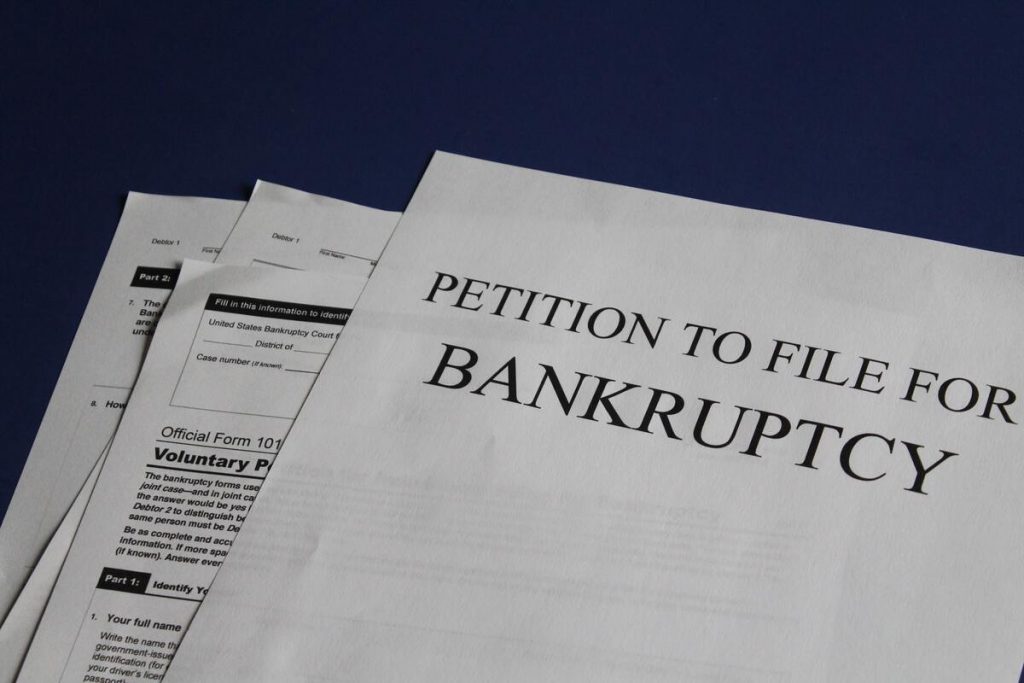Bankruptcy may be unpleasant, humiliating, and damaging to your credit score, yet the promise of a “new start” is entirely accurate when you file for bankruptcy. Moreover, with a strong game plan in place, you may accomplish a great deal to rebuild from defaults and repair your reputation within several years after filing. Before we get into the specifics of how to recover from bankruptcy as quickly as possible, let’s take a look at the harm you’ll be attempting to repair.
Bankruptcy results in a significant decrease in your creditworthiness, and it remains on your credit report as a wrong item for many years after that. The length of time and precise amount of a credit score decrease relies on your previous credit score, the condition of your current credit accounts, and the kind of bankruptcy you declare.
Here are some crucial measures to take to begin repairing your credit score after bankruptcy:
Focus on Your Budget
It may be challenging, mainly if you’ve never done it or kept track of your finances before when it comes to budgeting. However, to practice effective money management, it is necessary to know how your overall expenditures relate to how much income you are receiving. There are various methods for keeping track of expenses and revenue, including spreadsheets and your favorite web-based application. To get started, make a list of all of your fixed expenditures. This includes things like your mortgage repayments and your energy and heating bills, vehicle expenses, and anything else that you are obliged to pay regularly.
It is also beneficial to include a regular savings amount so that you can get into the habit of setting aside money for emergencies and investment for retirement, if at all feasible. After that, figure up your variable expenditures, including things like food, clothes, and entertainment.
From there, calculate the difference between your total monthly expenditures and your total anticipated revenue for the month in question. If your income is insufficient to meet your necessary expenditures, adopt a double approach: look for ways to reduce your spending while simultaneously considering ways to raise your revenue. You might, for example, seek higher-paying employment or take on freelancing work to supplement your income.

Use Cash Only
Having a limited amount of funds may help you stay on track with your financial goals and avoid spending more than you’ll ever manage on your credit card. Using cash may only be a stopgap measure for you. It’s a significant first step to help you control your expenditures, and after you’ve gotten a handle on your finances, you may reintroduce credit cards. Physical cash is a possibility; however, loading money into a bank account and carrying just your debit card may be a more practical alternative.
Once you’ve calculated your weekly spending, this should be pretty straightforward; keep only enough cash on hand to meet your necessary expenditures, and put the remainder aside in a savings account. It is possible to make insolvency recovery more difficult if you rely on debt to pay daily expenses. You might even consider consulting an experienced debt consolidation lawyer. Making all of your purchases with cash for some time may help you keep your finances under control since you can only buy what you have in money on hand at any one moment.
It is possible to have your monthly utility payments, such as energy or even a phone bill, contribute toward your credit history, which is a welcome relief. In the first instance, please inquire with your landlord or utility providers to determine whether they are members of any service that reports your on-time pays to credit reporting agencies. You may have to take things into your own hands in the end.
Making a full recovery from bankruptcy is entirely feasible if you follow a meticulous budget that monitors your expenditures and income. A few new behaviors — such as living an authentic money lifestyle — may help you avoid overpaying and falling into financial difficulty in the future. Secured debit cards are yet another tool you may use to help you restore your credit after filing for bankruptcy. These cards, secured by a cash deposit of your own, eliminate the potential to squander. But keep in mind that the goal is to improve your credit score via prudent use and on-time payments regularly.
It is not recommended that a secured credit card be used to finance impulse buying. You will get a favorable credit score in as little as a few years due to your exemplary conduct. A high credit score may assist you in obtaining advantageous mortgage and insurance offers and reduced insurance costs. To avoid getting into debt again, make sure you wouldn’t take advantage of your better credit.
